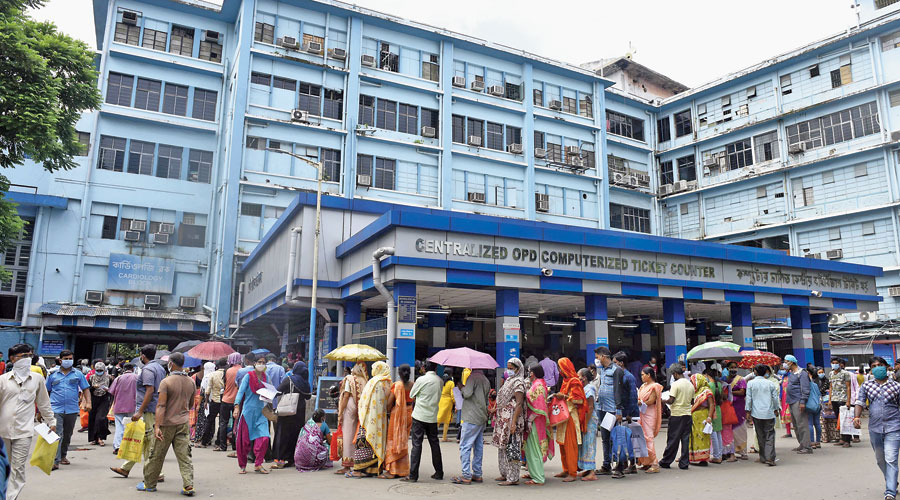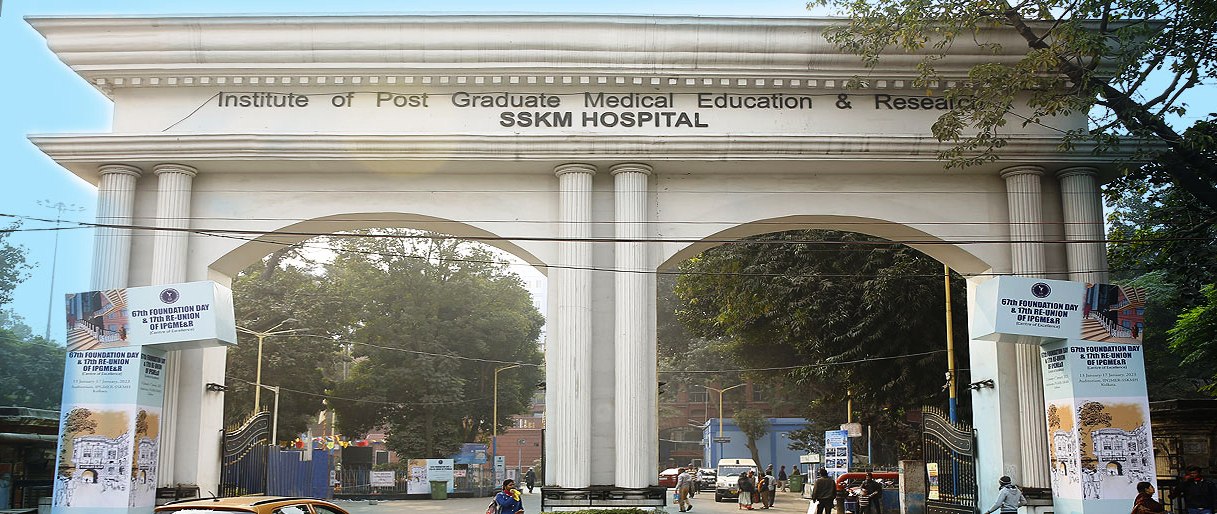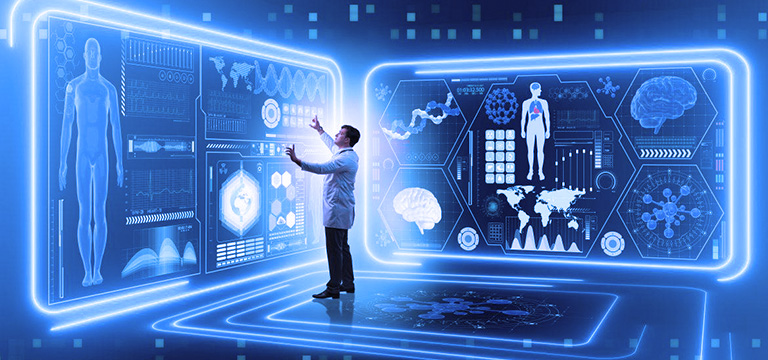Critical Care Medicine
- 24th March, 2025
- 0 Comments
- 92
- Healthcare
Advanced life-saving care for patients with severe and life-threatening conditions, provided by specialized intensivists.
Critical Care Medicine is a medical specialty that focuses on the diagnosis, management, and treatment of critically ill patients who require life-sustaining interventions and close monitoring.
_Subspecialties of Critical Care Medicine_
1. _Medical Critical Care_: Focuses on the care of critically ill patients with medical conditions such as sepsis, respiratory failure, and cardiovascular disease.
2. _Surgical Critical Care_: Deals with the care of critically ill patients who have undergone surgery, including trauma surgery and neurosurgery.
3. _Pediatric Critical Care_: Focuses on the care of critically ill children, from neonates to adolescents.
4. _Neurocritical Care_: Deals with the care of critically ill patients with neurological conditions such as stroke, traumatic brain injury, and spinal cord injury.
_Common Critical Illnesses and Injuries_
1. _Sepsis_: A life-threatening condition that occurs when the body's response to an infection becomes uncontrolled and causes widespread inflammation.
2. _Respiratory Failure_: A condition in which the lungs are unable to provide enough oxygen to the body or remove enough carbon dioxide.
3. _Cardiovascular Disease_: Conditions that affect the heart and blood vessels, such as heart attacks, strokes, and cardiac arrest.
4. _Trauma_: Injuries caused by external forces, such as car accidents, falls, and violence.
5. _Neurological Disorders_: Conditions that affect the brain, spinal cord, and nervous system, such as stroke, traumatic brain injury, and spinal cord injury.
_Critical Care Medicine Tests and Procedures_
1. _Vital Sign Monitoring_: Continuous monitoring of vital signs, such as heart rate, blood pressure, and oxygen saturation.
2. _Imaging Studies_: Tests such as X-rays, CT scans, and MRI scans that provide images of the body's internal structures.
3. _Blood Tests_: Laboratory tests that analyze blood samples to diagnose and monitor critical illnesses.
4. _Invasive Monitoring_: Procedures that involve inserting tubes or catheters into the body to monitor vital signs and organ function.
5. _Mechanical Ventilation_: A life-support treatment that uses a machine to assist or take over breathing.
_Critical Care Medicine Treatments and Therapies_
1. _Life-Support Therapies_: Treatments that sustain vital organ function, such as mechanical ventilation, dialysis, and cardiopulmonary resuscitation.
2. _Pharmacological Therapies_: Medications that treat critical illnesses, such as antibiotics, vasopressors, and sedatives.
3. _Surgical Interventions_: Operations that treat critical illnesses or injuries, such as emergency surgery for trauma or surgical repair of damaged organs.
4. _Nutritional Support_: Therapies that provide essential nutrients to critically ill patients, such as enteral nutrition and parenteral nutrition.
5. _Rehabilitation Therapies_: Interventions that help critically ill patients recover and regain function, such as physical therapy, occupational therapy, and speech therapy.






No Comments For Now.